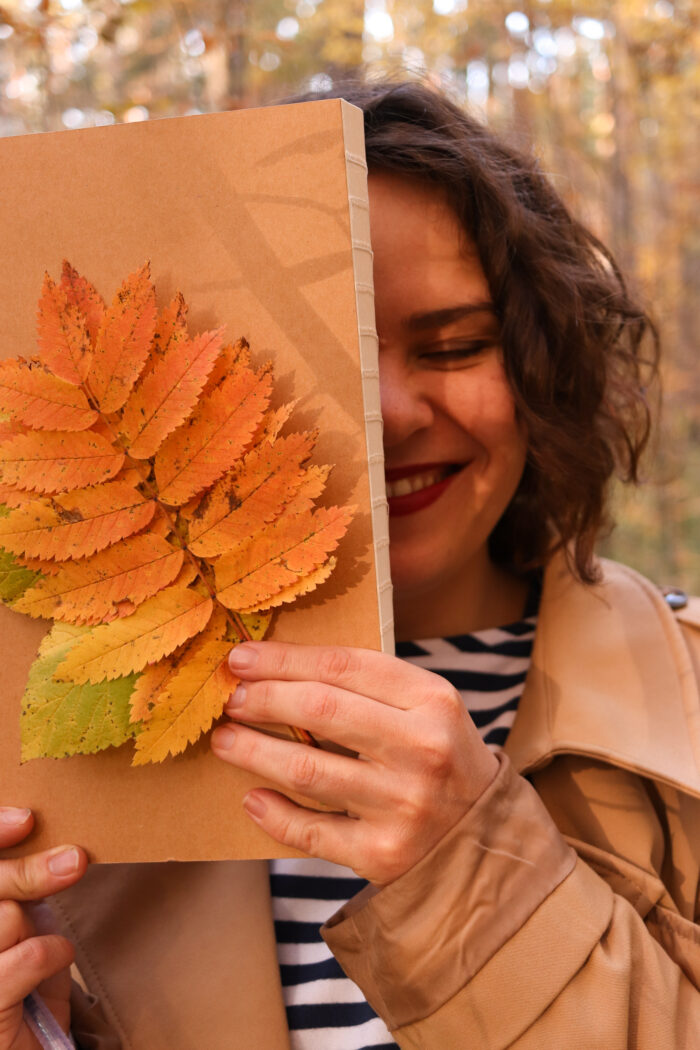About
Natasha Voronchikhina was born in 1988 in a small town in Sverdlovsk Region (Russia) on the border of Europe and Asia. She studied at an art secondary school from the age of seven.
After finishing secondary school, she entered the Ural Technical University and qualified as a Chemical Engineer, but she never stopped practising art.
In 2015 she was admitted to the Art College named after Ivan Shadr in Ekaterinburg, where she was learning academic painting.
She has been experimenting a lot since 2018, and since 2019 she has been actively participating in exhibitions.
She has been living and working in Georgia since 2022.
Her works were exhibited in the Russian Artists’ Union in Ekaterinburg, the Antonov Gallery (Ekaterinburg); in the Izmaylovo Gallery, A3 Gallery, the People’s Open University of Arts (ZNUI Gallery) in Moscow, Galleri Heike Arndt DK Berlin (Berlin, Germany). She also took part in the ARTBOX.PROJECT in Miami (USA) and joined the gallery venues of CistaArts London (online) and Flux London (online).
Her works are housed in private collections in France, the UK, USA, Russia, Malta, Germany, Israel.
Media mentions
RECENT PRESS: np.kz
Life with taste by Elvira Syzdykova
A personal exhibition ‘I am’ of Natasha Voronchikhina, an artist from Yekaterinburg, is being held online.
RECENT PRESS: magazineart.art
‘Pass the salt!’: a guide to the exhibition at the Izmailovo Gallery by Maria Sikirina.
The gallery will turn into a book about delicious and healthy (or not) food for almost a month – interpreted by contemporary artists.
RECENT PRESS: nordistica.com
Natasha Voronchikhina. The Life lover by Sasha Souther
I would like to focus on Natasha Voronchikhina oeuvre, which seems quite peculiar. Her method is a vivid reminder of Piet Mondrian’s early landscapes which are mixed with the wild expression that Jackson Pollock had.
RECENT PRESS: obdn.ru
Relocational landscape. How artists paint foregin countres by Anton Khitrov
In this article, art critic and collector Anton Khitrov explores how relocated artists create landscapes, what these works reveal about their authors’ experiences, and why the landscape genre is crucial in the new Russian foreign art scene.
RECENT PRESS: The Moscow Times
3 Years Since Leaving Russia, Emigres Seek to Memorialize the Diaspora Experience by Camilla Bell-Davies
RECENT PRESS: Odraplatform.com
When the poetry of everyday life is no longer a consolation by Lev Shusharichev

